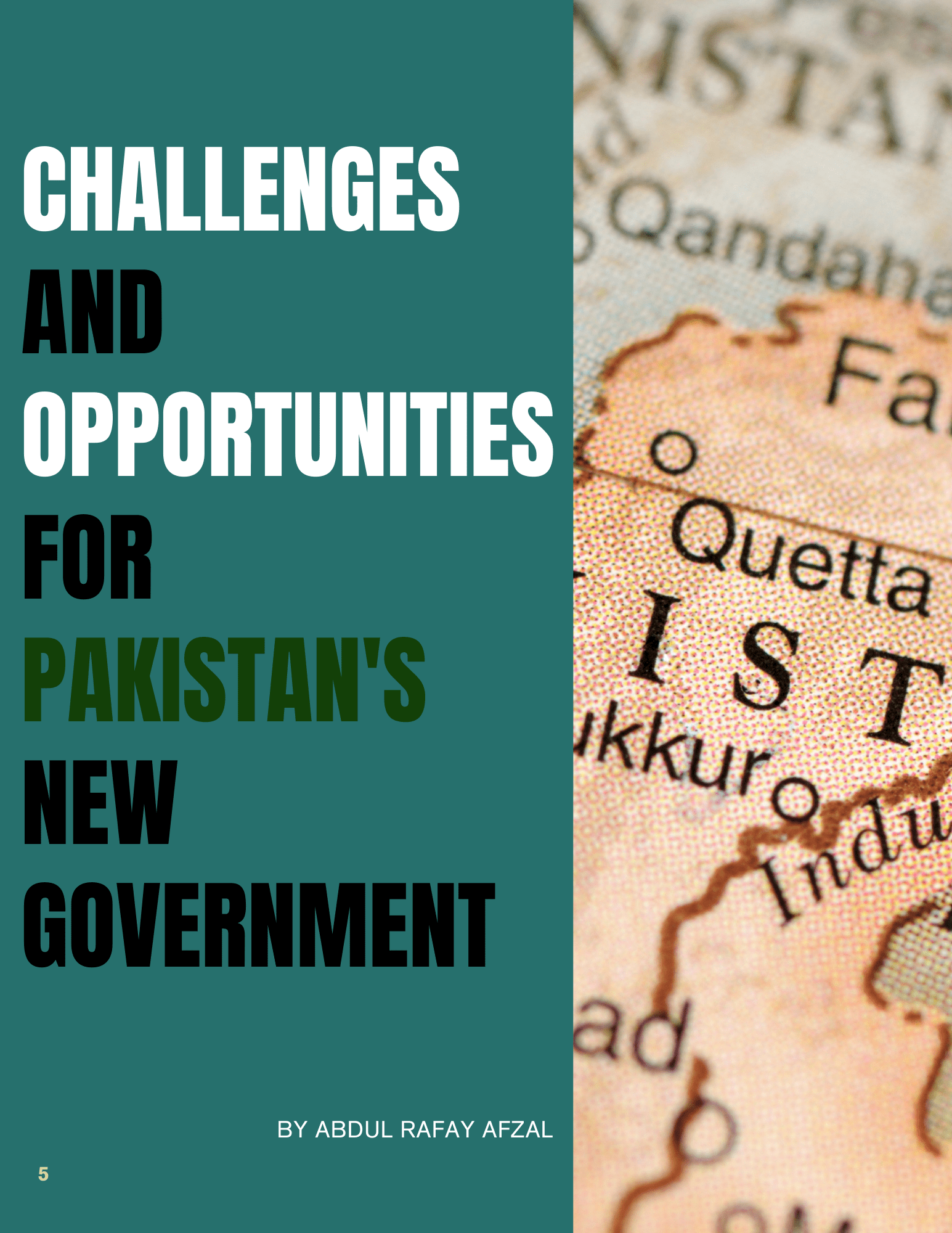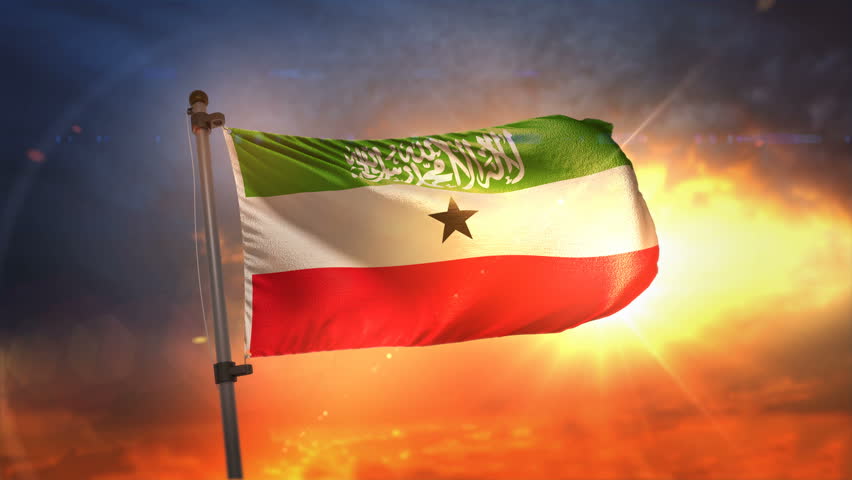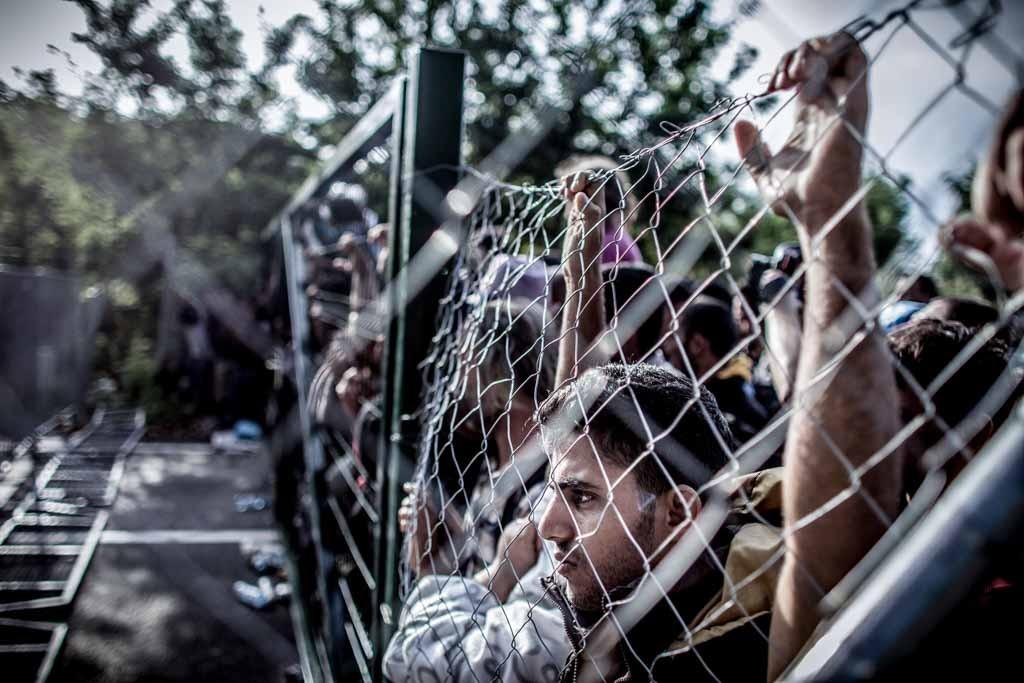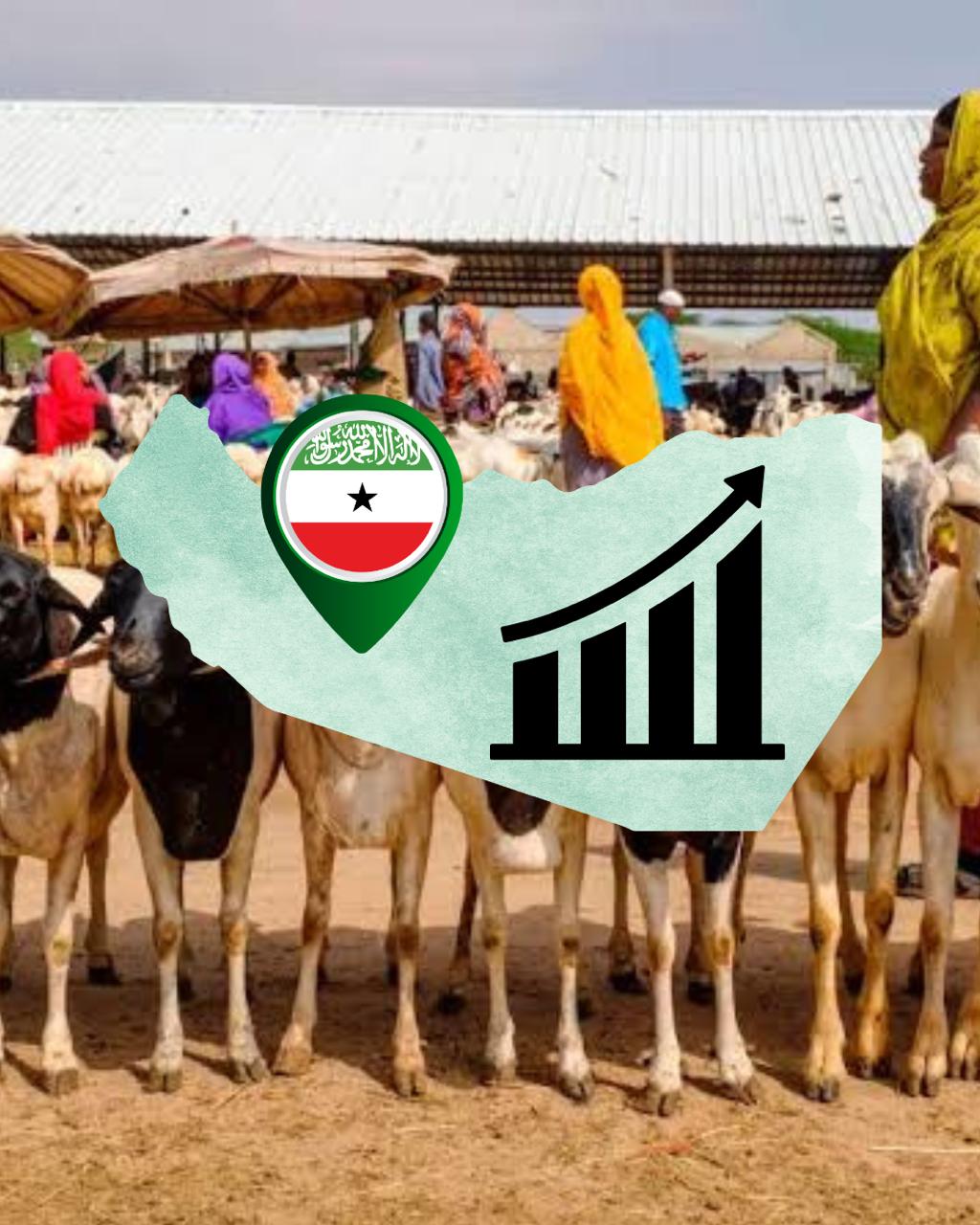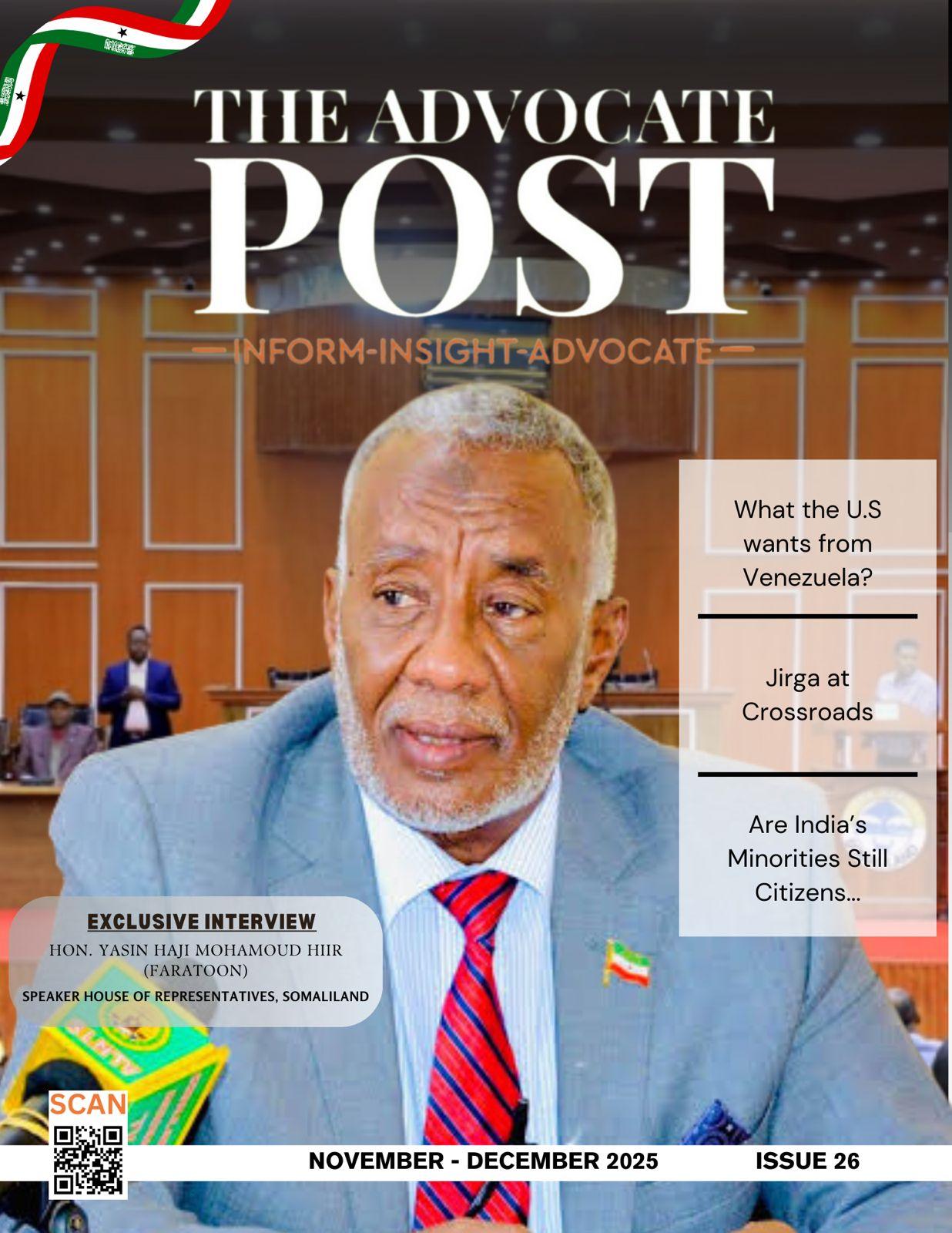By Abdul Rafay Afzal (Editor in Chief)
rafayafzal555@gmail.com
The recent elections in Pakistan ushered in a new government led by Prime Minister Shahbaz Sharif. However, as the dust settles, questions arise about whether this government will truly bring about the changes the country needs. The challenges ahead are formidable, but they present opportunities for the new administration to steer Pakistan towards a brighter and more stable future.
One of the pressing concerns for the new government is the state of Pakistan’s economy. The nation is burdened with an unprecedented level of debt and is heavily dependent on financial assistance from international organizations like the IMF and the World Bank. Tackling issues such as rising inflation, energy crises, and corruption will be crucial in restoring stability and creating an environment conducive to economic growth. Bold and wide-ranging economic decisions are needed, and the government must assert its authority to implement reforms that will address these challenges head-on.
Domestic security is another critical issue that demands immediate attention. The surge in terrorism and extremism poses a grave threat to the nation’s stability and the safety of its citizens.
The new government must prioritize efforts to combat these challenges by strengthening law enforcement agencies, enhancing intelligence capabilities, and implementing comprehensive counter-terrorism strategies. Additionally, recalibrating and revitalizing relationships with neighboring countries, particularly Afghanistan and Iran, will be crucial for regional stability and security.
Pakistan’s global stature has faced a significant decline in recent years, with strained relations with the United States and diminishing influence in the region. It is vital for the new government to adopt a proactive and visionary approach to restore Pakistan’s image and diplomatic standing. Engaging with international partners diplomatically and strategically, focusing on trade diversification, and actively pursuing alliances that serve the country’s long-term interests will be essential for regaining influence on the international stage.
The new government has emerged through a coalition arrangement between the Pakistan Muslim League (PML-N) and the Pakistan Peoples Party (PPP). This coalition presents a unique opportunity for reconciliation and accommodation, emphasizing the
importance of unity in addressing the nation’s challenges. Stability within the coalition, as well as effective cooperation with opposition parties, will be crucial for the passage of crucial legislation and achieving the government’s ambitious agenda.
Pakistan’s new government faces a myriad of challenges that require decisive action and a clear vision for the nation’s future. It must prioritize economic revitalization, tackle security concerns, restore diplomatic credibility, and foster stability within the coalition. By embracing a policy of reconciliation, adopting bold economic reforms, and taking proactive steps towards regional cooperation, the government can pave the way for a brighter future for Pakistan. The challenges ahead are considerable, but they also present an opportunity for the government to leave a lasting impact on the country’s trajectory. It is crucial for all stakeholders to come together and work towards a shared vision of progress, prosperity, and peace for Pakistan.
Abdul Rafay is from Pakistan currently a law student at LJMU, UK. He is the Editor in Chief and Founder of The Advocate Post He writes on geopolitics, international relations, and legal affairs etc. in more than 10 countries in English & Urdu languages. He has been honoured of being one of Pakistan’s and World’s youngest columnists and editors.
Author can be reached at rafayafzal555@gmail.com
Instagram: @arafzal555

